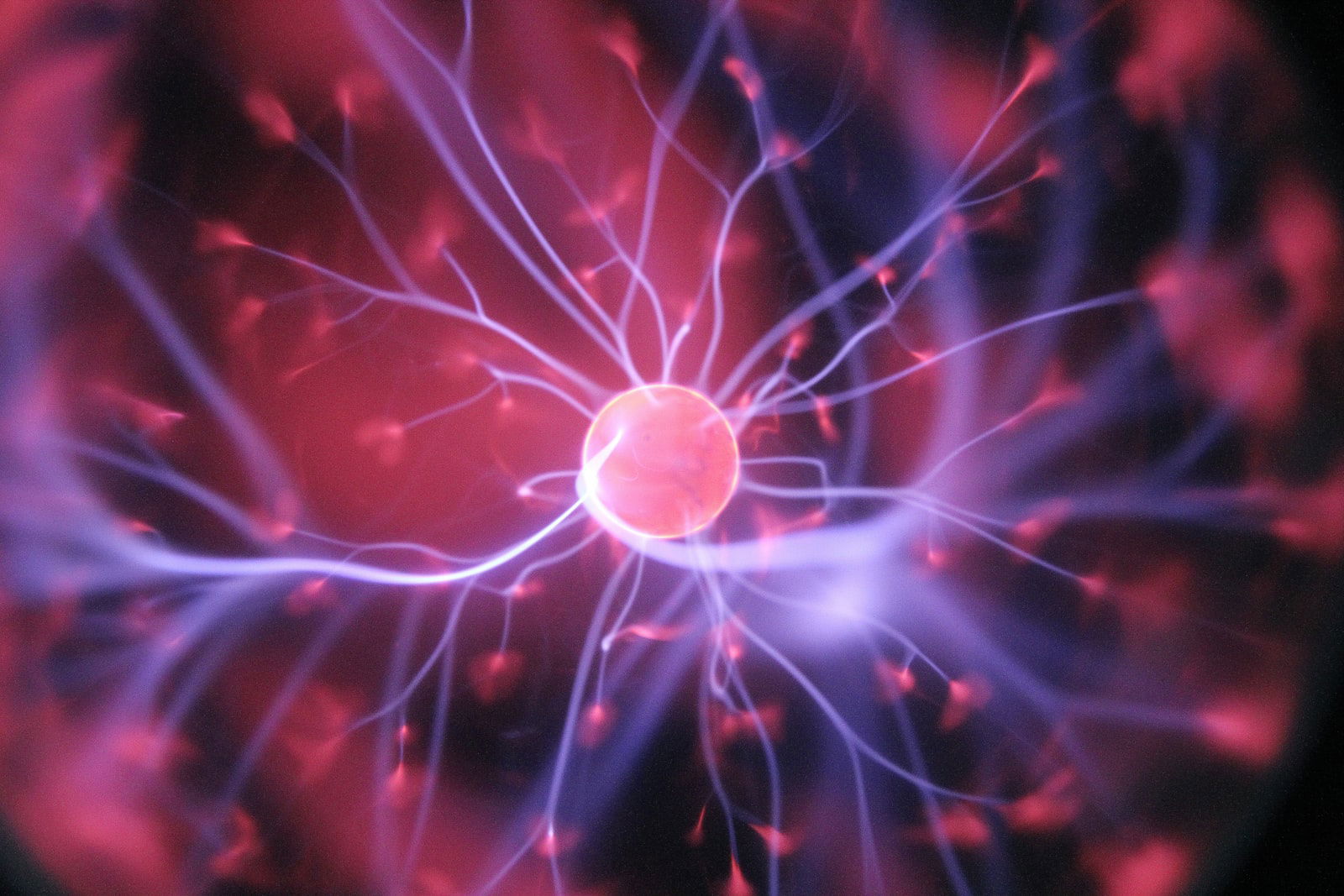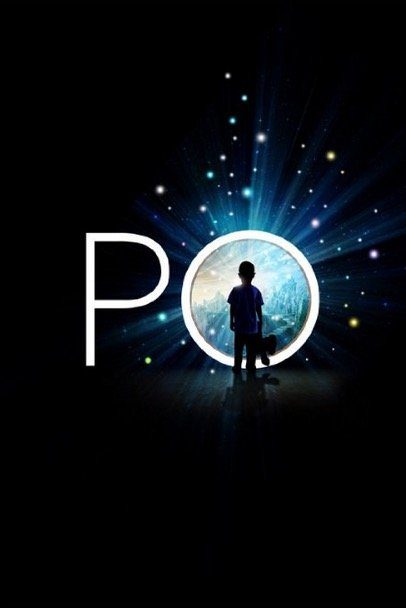 How Porn Exposure in Media Drastically Affects Teen Brains
How Porn Exposure in Media Drastically Affects Teen Brains
By Movieguide® Contributor
As porn becomes more accessible, parents can protect their children from its detrimental effects by understanding the long-term consequences and protecting their children through parental control settings.
The Wall Street Journal explains that “younger people’s brains are more wired for pleasure than adults, with higher spikes of the feel-good neurotransmitter dopamine released in anticipation of enjoyable activities.”
While many young people return to porn for this reason, Movieguide® often discusses its life-altering effects on children and teens.
For singer Billie Eilish, porn destroyed her brain. “I think that I had sleep paralysis, and these almost like night terrors, just nightmares,” she said. “I think that’s how they started, because I would just watch abusive [pornography] and that’s what I thought was attractive, and it got to a point where I couldn’t watch anything unless it was violent, and I didn’t think it was attractive.”
Many young adults experience the long-term effects of pornography, but what exactly does it do to young and developing minds?
Porn elicits the same brain reactions that drugs produce for a drug addict. Valerie Voon, a psychiatry professor at the University of Cambridge, found that when her team showed porn to young men with compulsive porn habits, their brain scans mirrored the brain scans of drug addicts when shown pictures of drugs.
Her study also found that, for young people, porn caused “greater activity in the reward centers of the brain than the older participants when shown porn.”
This occurs because the “brain’s emotional center develops faster than the part of the brain that controls impulse.” This disparity “helps explain why teens lack the maturity to ‘suppress sexual cravings, thoughts and behaviors elicited by pornographic content,’” a review of research on the subject explained.
The accessibility of porn through the internet and other devices compounds these effects. As Dr. Baehr writes in The Media-Wise Family, “As the internet grew from being merely a service for sending text data by modem into the primary video delivery method for the mass media of entertainment, its use for spreading pornography has become ubiquitous. The quantity, and high definition quality of, pornography has exploded and one of the results has been a growth in human sex slave trafficking. As the number of men driven to the depths of pornography soars, so too does the demand for ‘something more.’”
Because of easy access, 9 in 10 American boys encounter porn before the age of 18, the average age of exposure is 11 and 84 percent of males and 57 percent of females ages 14 to 18 in the United States have been exposed.
Because of its insidious nature, many parents wonder if anything can protect their children from exposure. The Wall Street Journal recommends utilizing the parental controls settings on all devices.
Parents can turn on “Content Restrictions” on Apple devices, allowing them to approve or block certain websites. Chromebooks and Android devices enable parents to block or approve specific apps and websites for a child. Amazon devices also allow parents to restrict content for children.
God calls parents to take care of their children, and parents should use all the tools at their disposal to protect their children from the harmful impacts of pornography. Managing a child’s internet access is one easy way to do this.
Movieguide® previously reported on the effect porn has on children:
Not only is porn accessible via TV, but many children stumble across it on cell phones and the internet. In an article for the New York Post, Exodus Cry founder and CEO Benjamin Nolot shares the story of a young boy who used his mother’s phone and ended up Pornhub after a few Google searches.
Nolot also reveals that 9 in 10 American boys encounter porn before the age of 18, and the average age of exposure is 11. Additionally, a recent Indiana University study reveals that “84 percent of males and 57 percent of females ages 14 to 18 in the United States have been exposed.”
Increased exposure to violent porn, whether through TV, the internet or other sources, detrimentally affects the children who experience it.
In The Culture-Wise Family, Dr. Baehr explains that “when a young viewer watches a violent television episode, he or she stores that behavior in his brain. When a similar situation arises in reality, the viewer may retrieve and mimic the violent act once viewed.”
Another study cited in The Culture-Wise Family states that “Viewing entertainment violence can lead to increases in aggressive attitudes, values, and behaviors, particularly in children.”
Exodus Cry explains that, while viewing porn will not necessarily lead a person to commit a sexual crime, “there are strong and irrefutable links that have been found between watching of violent porn and committing sexual assault. Child-on-child sexual abuse has reached crisis levels, with children often citing wanting to re-enact porn as their reasoning, either before or after the assault.”
“The growth in violent porn, and the exposure of porn to younger and younger children, is absolutely shaping and forming the sexual templates of young people, and as the porn gets more violent, so do the desires for sexual violence,” Exodus Cry discloses.
“Just like a drug addict keeps looking for the initial ‘ideal’ rush,” explains Dr. Baehr in The Culture-Wise Family, “so those who are addicted to the sex and violence in films seek increasing doses of sex and violence to appease their lust.”
Their Capitol Hill symposium represents one aspect of Exodus Cry’s work to protect children from the life-shattering effects of porn. They offered “practical policy solutions to lawmakers to help end child exposure to porn and nonconsensual porn.”
“Children learn violent sexual behavior from somewhere,” and “porn is without doubt a MAJOR contributing player,” says Exodus Cry. “We will not remain silent while porn ravages the minds of our children when there’s something we can do to help protect them. We must act.”
Questions or comments? Please write to us here.


 - Content:
- Content: 
 – Content:
– Content: 
